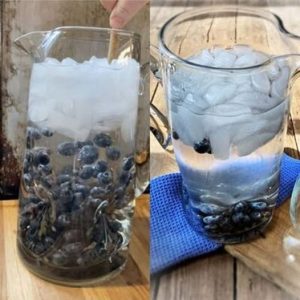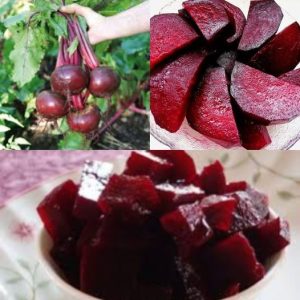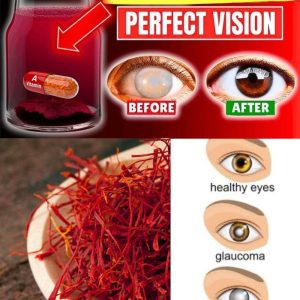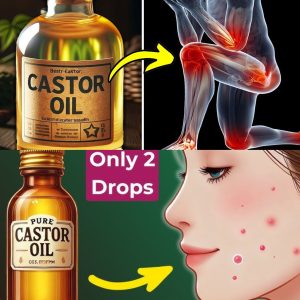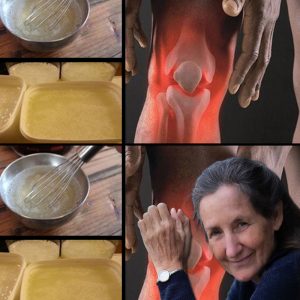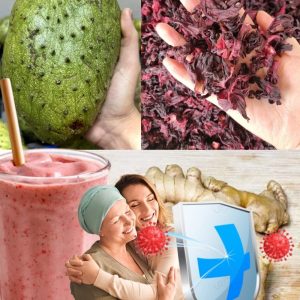Garlic, cherished for its distinctive taste, is also celebrated for its wide-ranging health benefits, particularly in managing varicose veins and reducing inflammation. One of its standout compounds, allicin, boasts strong anti-inflammatory properties. Inflammation is a significant contributor to varicose veins, as it can weaken vein walls and hinder circulation. By reducing inflammation, garlic may provide relief from some of the discomfort associated with varicose veins, supporting vascular health.
Beyond inflammation control, garlic is believed to improve blood circulation, an essential factor in preventing and managing varicose veins. Good circulation prevents blood from pooling in veins, which is the primary cause of varicose veins. By supporting healthy blood flow, garlic may help maintain the structure and function of veins, reducing both the appearance and discomfort of varicose veins.
Additionally, garlic is a natural blood thinner. This anticoagulant effect not only helps reduce blood pressure but also alleviates pressure on varicose veins. This may further minimize their prominence and ease related pain. Incorporating garlic into a daily diet—whether raw or cooked—can offer these benefits, while supplements are also an option for those who find the taste too strong.
However, there are important precautions to consider. Garlic can cause gastrointestinal discomfort if consumed in large quantities, especially on an empty stomach. Its blood-thinning properties may also interact with medications, so consulting a healthcare provider is wise before adding garlic supplements to your regimen. Garlic’s natural power can be a helpful addition to holistic wellness approaches, but professional guidance is key.
